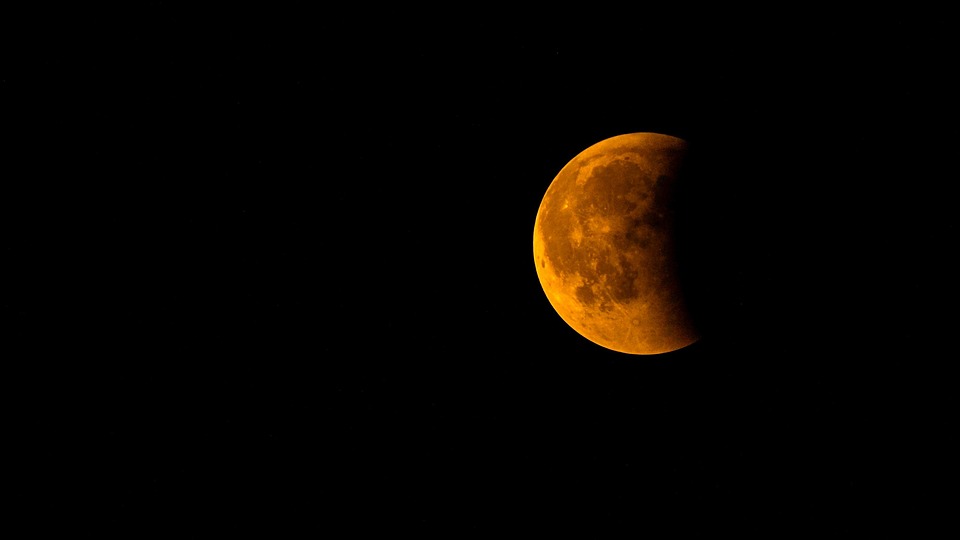The Dark Side of the Moon: Unveiling the Mystical Meaning of Lunar Eclipses
Lunar eclipses have long been a source of fascination and mystique, with many cultures and civilizations attributing profound significance to these celestial events. The dark side of the moon, a term often misunderstood, is not actually a physical feature of the moon, but rather a symbolic representation of the unknown, the unseen, and the unconscious. In this article, we will delve into the mystical meaning of lunar eclipses, exploring the symbolism, mythology, and astrological significance of these awe-inspiring events.
The Science Behind Lunar Eclipses
Before we dive into the mystical realm, let’s first understand the scientific explanation behind lunar eclipses. A lunar eclipse occurs when the Earth passes between the sun and the moon, blocking the sun’s light from reaching the moon. This can only happen during a full moon, when the moon is on the opposite side of the Earth from the sun. There are three types of lunar eclipses: penumbral, partial, and total, each with varying degrees of darkness and visibility.
The Mystical Significance of Lunar Eclipses
Lunar eclipses have been imbued with spiritual and mystical meaning across cultures and centuries. In ancient mythology, lunar eclipses were often seen as omens, signaling significant events, transformations, or upheavals. The sudden disappearance of the moon’s light was believed to represent the temporary absence of the divine feminine, the unconscious, or the collective psyche.
In many indigenous cultures, lunar eclipses are associated with the concept of the “shadow self,” representing the repressed, hidden, or unacknowledged aspects of human nature. The eclipse is seen as an opportunity to confront and integrate these shadow aspects, promoting personal growth, healing, and transformation.
Astrological Significance
In astrology, lunar eclipses are considered to be highly significant events, often marking major turning points in individual and collective lives. The moon represents the emotional, intuitive, and unconscious realms, while the sun symbolizes the conscious, rational, and creative aspects of human experience. When the Earth blocks the sun’s light from reaching the moon, it is as if the conscious and unconscious are momentarily disconnected, allowing for a re-evaluation of priorities, values, and relationships.
Lunar eclipses are also associated with the nodes of the moon, which represent the intersection of the moon’s orbit with the sun’s path. The nodes are seen as gateways to higher states of consciousness, and the eclipse is believed to activate these gateways, facilitating spiritual growth, awakening, and enlightenment.
The Dark Side of the Moon
The dark side of the moon, also known as the “far side,” is the side of the moon that always faces away from the Earth. This side of the moon was not visible to humans until the Soviet Union’s Luna 3 spacecraft imaged it in 1959. The dark side of the moon is not actually dark, but rather a symbolic representation of the unknown, the unseen, and the unconscious.
In mystical traditions, the dark side of the moon is associated with the collective unconscious, the realm of archetypes, and the source of creative inspiration. The dark side represents the hidden, the mysterious, and the unexplored aspects of human nature, waiting to be discovered and integrated into conscious awareness.
Conclusion
Lunar eclipses are awe-inspiring events that have captivated human imagination for centuries. Beyond their scientific explanation, these events hold profound mystical and symbolic meaning, representing the intersection of the conscious and unconscious, the seen and the unseen. The dark side of the moon, a symbol of the unknown and the unconscious, invites us to explore the deeper recesses of our own psyche, to confront our shadow selves, and to integrate the repressed aspects of our nature.
As we gaze upon the eclipsed moon, we are reminded of the intricate web of relationships between the Earth, the sun, and the moon, and the profound significance of these celestial events in our lives. Whether we approach lunar eclipses from a scientific, mystical, or astrological perspective, we are ultimately drawn into a deeper appreciation of the mysteries of the universe and the human experience.


Leave a Reply